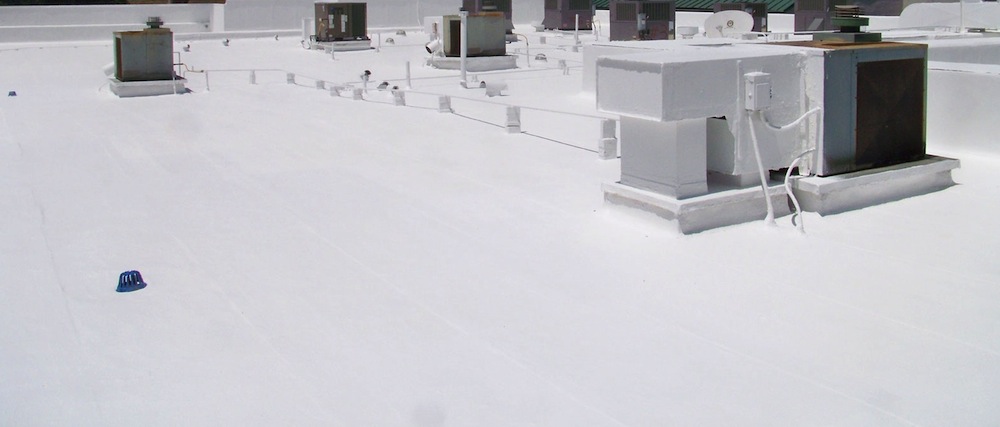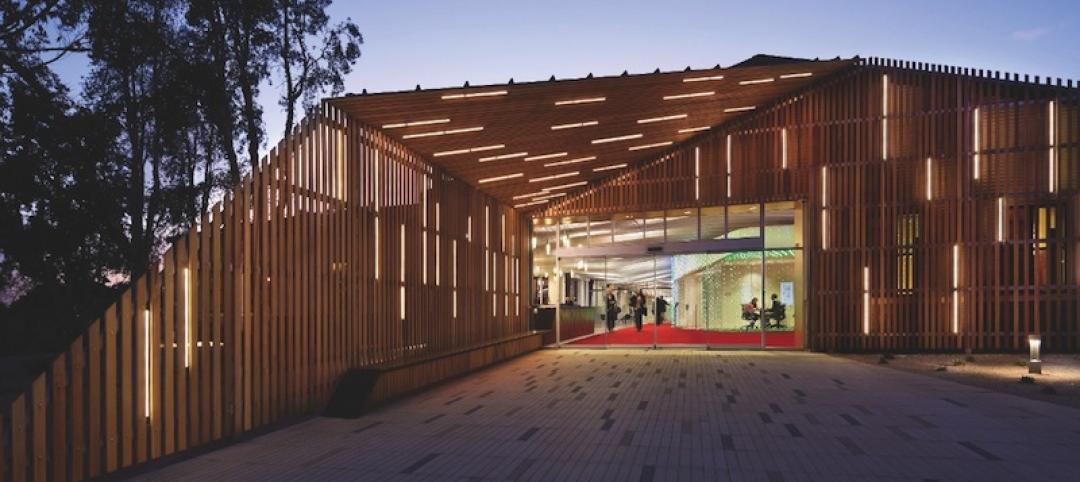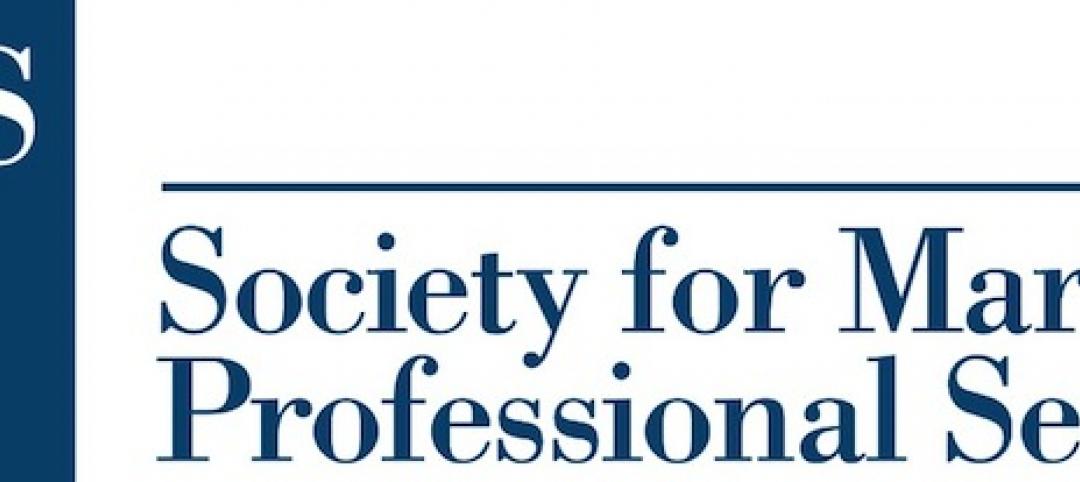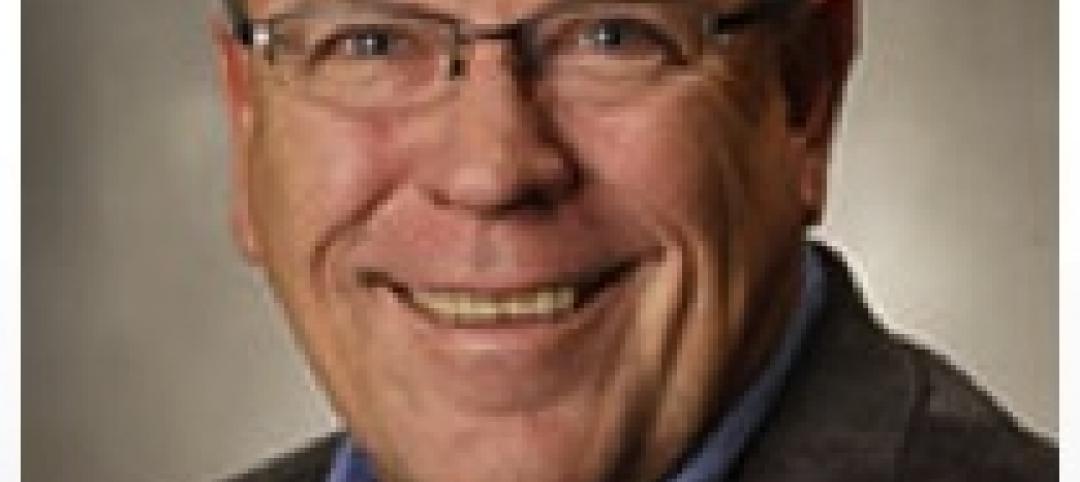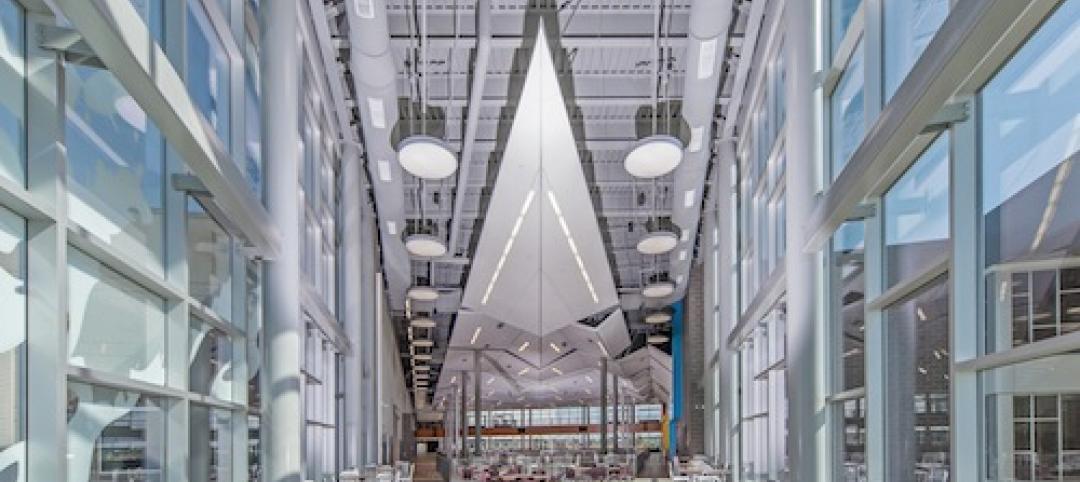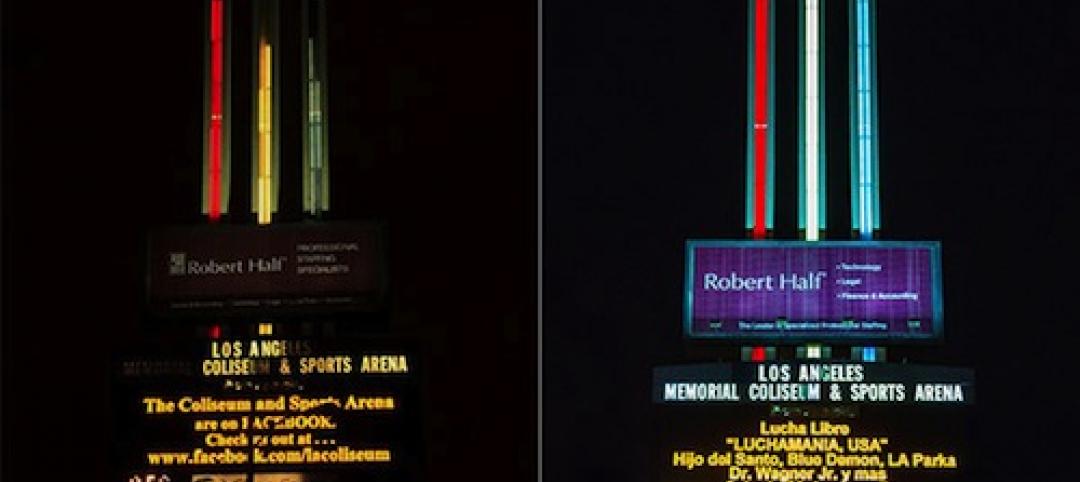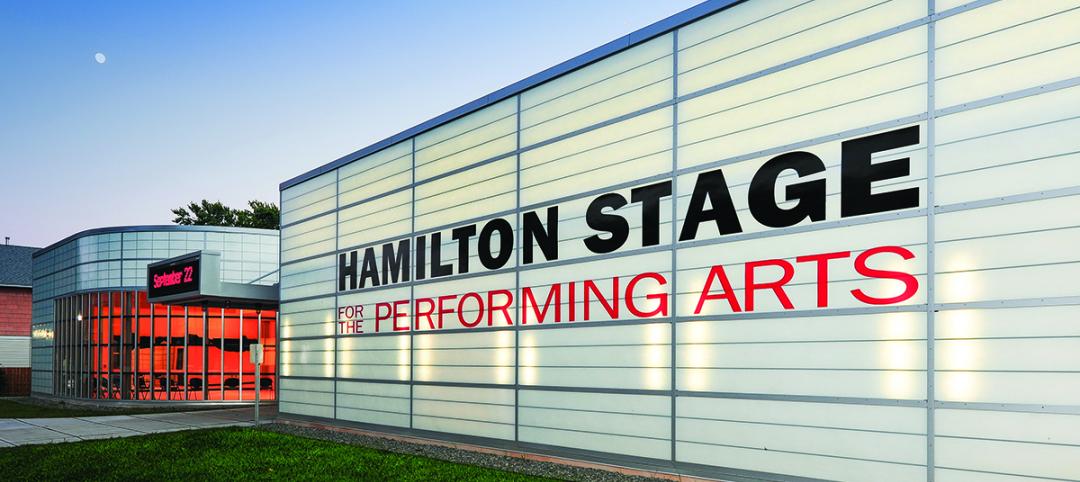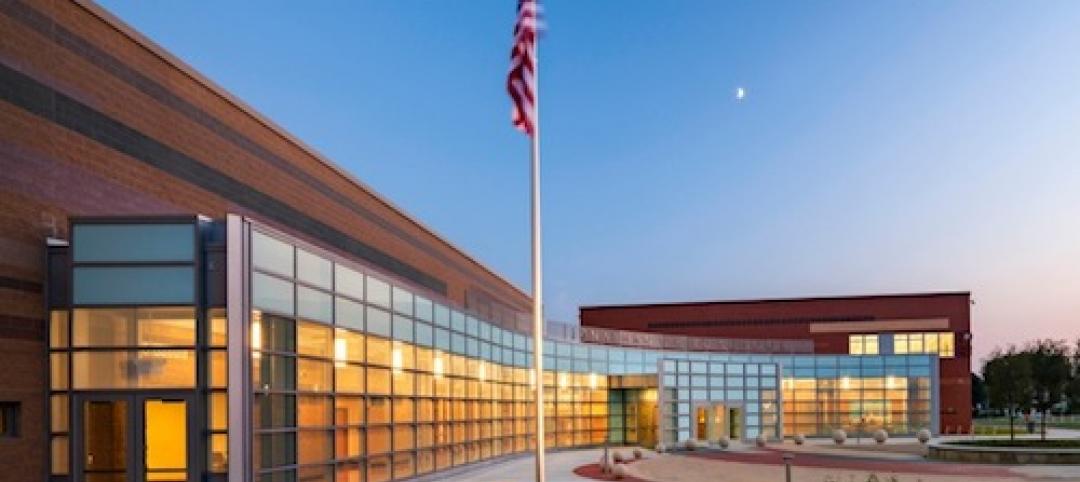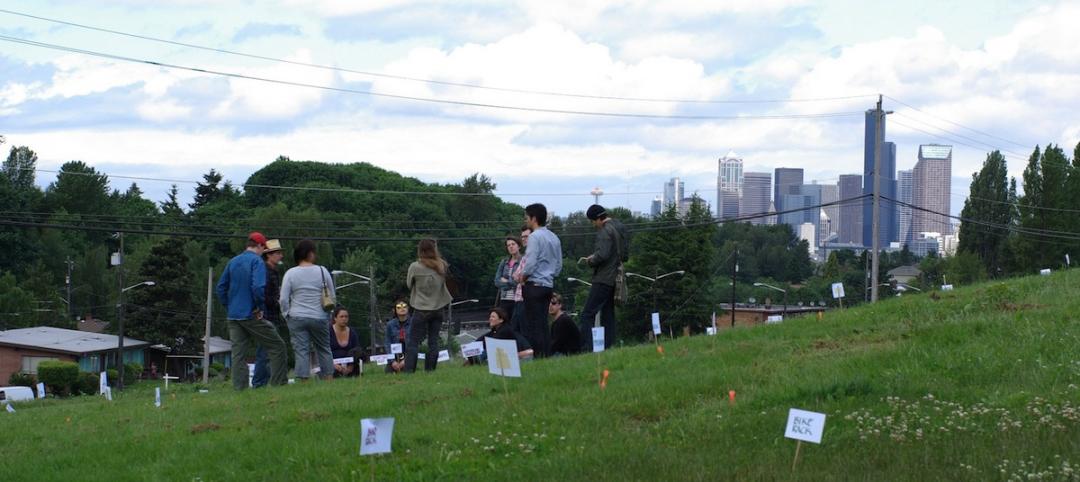Los Angeles Mayor Antonio Villaraigosa wants cool roofs added to the city’s building code. He is also asking the Department of Water and Power (LADWP) to create incentives that make it financially attractive for homeowners to install cool roofs.
Villaraigosa made the decision based on a report, Bright Roofs, Big City, which analyzes potential energy savings and other environmental benefits. The authors say that cool roofs on new and existing buildings would reduce the heat island effect, save $30 million a year on energy bills, and cut L.A.’s carbon footprint by 80%.
(http://www.sustainablebusiness.com/index.cfm/go/news.display/id/24730)
Related Stories
| Apr 15, 2013
Advanced lighting controls and exterior tactics for better illumination - AIA/CES course
To achieve the goals of sustainability and high performance, stakeholders in new construction and renovation projects must rein in energy consumption, including lighting. This course presents detailed information about lighting control strategies that contribute to energy efficient buildings and occupant well-being, as well as tips for lighting building exteriors effectively and efficiently.
| Apr 15, 2013
eBay, Microsoft, Walt Disney World among keynote speakers for 2013 SMPS Conference, July 31 – August 2 in Orlando
The Society for Marketing Professional Services (SMPS) is pleased to announce the keynote speakers for ?Build Business: Dream Big!,? its 2013 conference to be held July 31 – August 2 at the Walt Disney World® Swan and Dolphin in Orlando.
| Apr 15, 2013
Using software and the power of the cloud to connect your back office to your field operations [webinar]
This webinar will focus on a new software subscription service that will help construction companies, general and specialty contractors connect their back office infrastructure with all of their field operations. The service will help capture, manage and report on the progress of existing construction jobs and help in the planning of new ones.
| Apr 12, 2013
Nation's first 'food forest' planned in Seattle
Seattle's Beacon Food Forest project is transforming a seven-acre lot in the city’s Beacon Hill neighborhood into a self-sustaining, edible public park.


